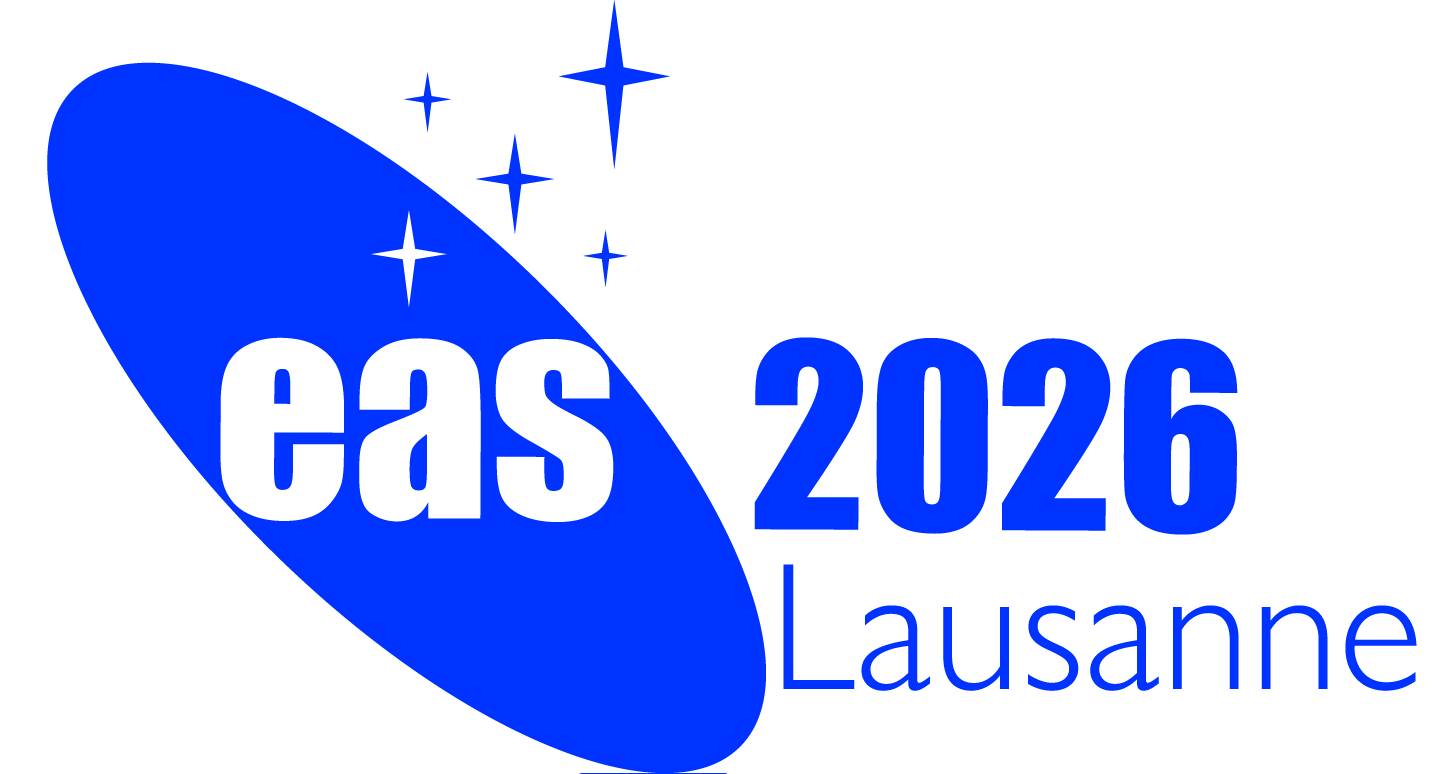
|
European Astronomical Society
|

|
|
|
|
|
|
EAS Job Directory
Find Jobs
| Postdoctoral position in relativistic plasma astrophysics | Closing date: 2025-12-01
Contact: Benoit Cerutti |
| Applications are invited for a postdoctoral researcher position at IPAG, France. The successful candidate will join the research group led by Benoit Cerutti to conduct ab-initio plasma simulations of relativistic, magnetized outflows, with a particular focus on neutron star and black hole environments. | | ▸ more | The primary goal is to advance our understanding of plasma dynamics, including jet and wind launching, dissipation processes, and particle acceleration within these extreme astrophysical systems. The candidate will work with Zeltron, a state-of-the-art general relativistic, radiative particle-in-cell (PIC) code, and will have access to high-performance computing resources at both the French and European levels.
Candidates must hold a PhD in astrophysics or a closely related discipline, awarded within the past two years. Preference will be given to applicants with a strong background in computational astrophysics. The position is a two-year appointment, with an expected start date in 2026. The position will come with standard French healthcare benefits together with a generous research and travel budget.
Interested candidates should submit a curriculum vitae, publication list, and a brief statement of research interests, and arrange for up to three recommendation letters to be sent by December 1, to benoit.cerutti @ univ-grenoble-alpes.fr. Later applications will be considered until the position has been filled.
IPAG is a major French institute in astrophysical research under the supervision of both the CNRS and the University of Grenoble Alpes. The institute is located on the main University campus, nested in the heart of the French Alps, about 1 hour away from Lyon and 2 hours away from Geneva. IPAG has about 160 personnel active in fields as diverse as high-energy astrophysics, astrochemistry, exoplanets, star and planet formation, planetology and instrumentation.
The successful candidate will join the high-energy team (the Sherpas), a lively research group with a strong expertise in numerical plasma simulations (PIC and MHD), accretion disk, black hole magnetospheres and jets, pulsars, particle acceleration and radiative processes.
|
More resources
Links to other job lists
|

